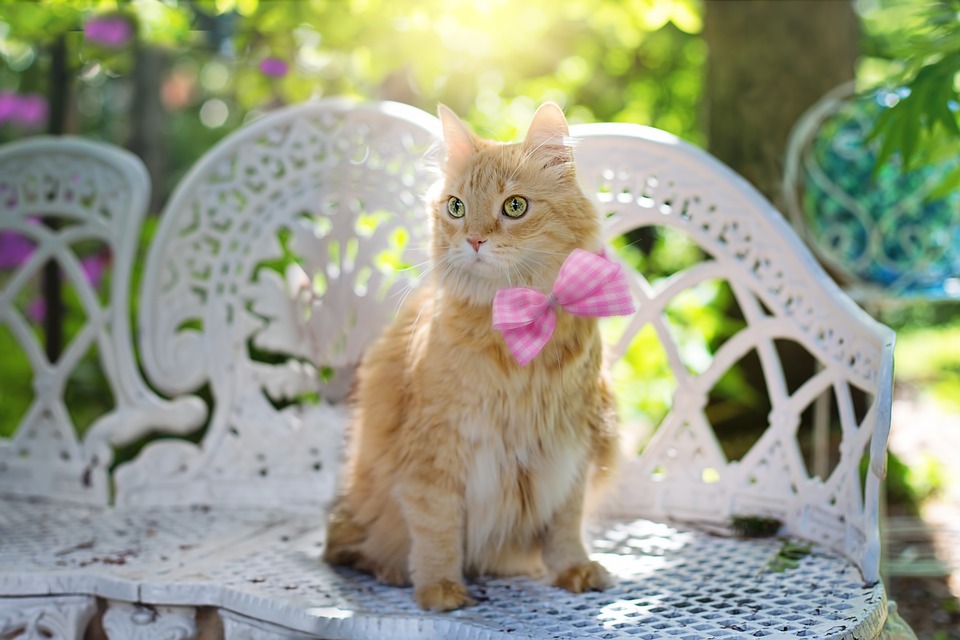Maintaining a healthy weight for your cat is crucial for their overall well-being and longevity. Obesity in cats can lead to various health issues such as diabetes, arthritis, and heart problems. To help your cat maintain a healthy weight, here are some expert tips and frequently asked questions.
Understanding the Importance of a Healthy Weight for Cats
Cats, like humans, can suffer from obesity. Here are a few reasons why it is crucial to keep your cat at an optimal weight:
1. Prevention of Health Issues: Obesity can lead to various health problems, such as diabetes, arthritis, and urinary tract disease. By maintaining a healthy weight, you can reduce the risk of these conditions.
2. Improved Joint Health: Overweight cats are more prone to joint issues and arthritis. By keeping your cat at a healthy weight, you can minimize stress on their joints, ensuring better mobility and reducing pain.
3. Enhanced Quality of Life: A healthy weight contributes to your cat’s overall happiness and energy levels. An overweight cat may feel lethargic and have difficulty engaging in playful activities.
Tips for Helping Your Cat Maintain a Healthy Weight
1. Portion Control: Ensure that you are feeding your cat an appropriate amount of food. Consult your veterinarian to determine the correct portion size based on your cat’s age, size, and activity level. Additionally, avoid free-feeding and establish a regular feeding schedule.
2. Choose a High-Quality Diet: Opt for a balanced and nutritious cat food that meets your feline’s dietary requirements. Look for products with high protein content and avoid those with excessive fillers or carbohydrates.
3. Encourage Regular Exercise: Engaging your cat in physical activities is crucial for weight management. Play with interactive toys, provide climbing structures, and encourage daily exercise sessions to keep your cat active and burn calories.
4. Monitor Treat Intake: Treats should be given sparingly and should not exceed 10% of your cat’s daily calorie intake. Many cat treats are high in calories, so opt for healthier alternatives or break treats into smaller pieces to control portions.
5. Avoid Table Scraps: Human food, especially fatty and seasoned items, can be detrimental to your cat’s weight and overall health. Avoid giving your cat table scraps to prevent excessive calorie intake.
6. Regular Veterinary Check-ups: Schedule routine vet visits to monitor your cat’s weight and overall health. Your veterinarian can provide personalized advice and recommend appropriate dietary adjustments if needed.
Frequently Asked Questions (FAQs)
Q1: How can I tell if my cat is overweight?
A1: You can assess your cat’s weight by feeling their ribs. If you can easily feel them without excess fat covering, your cat is likely at a healthy weight. However, if you struggle to feel the ribs or notice a layer of fat, your cat may be overweight.
Q2: Can I put my cat on a diet without consulting a veterinarian?
A2: It is always recommended to consult a veterinarian before making any significant changes to your cat’s diet. They can evaluate your cat’s overall health, determine the ideal weight, and provide guidance on the appropriate diet and portion size.
Q3: Should I use weight loss supplements or special diets for my overweight cat?
A3: Weight loss supplements and special diets should only be used under veterinary supervision. Your veterinarian can recommend appropriate supplements or prescribe a specialized weight loss diet if necessary.
Q4: How long does it take for a cat to lose weight?
A4: Gradual weight loss is generally recommended for cats to avoid health risks. Aim for a weight loss of 1-2% per week. The duration of weight loss depends on your cat’s starting weight, target weight, and overall health.
Q5: Are there any specific exercises I can do to help my cat lose weight?
A5: Incorporating interactive play sessions with toys and laser pointers, using puzzle feeders, and providing climbing structures are excellent ways to encourage exercise and help your cat shed extra pounds.
Remember, always consult your veterinarian for personalized advice regarding your cat’s weight management. By implementing these tips and maintaining a healthy lifestyle for your cat, you can ensure their well-being and longevity.








